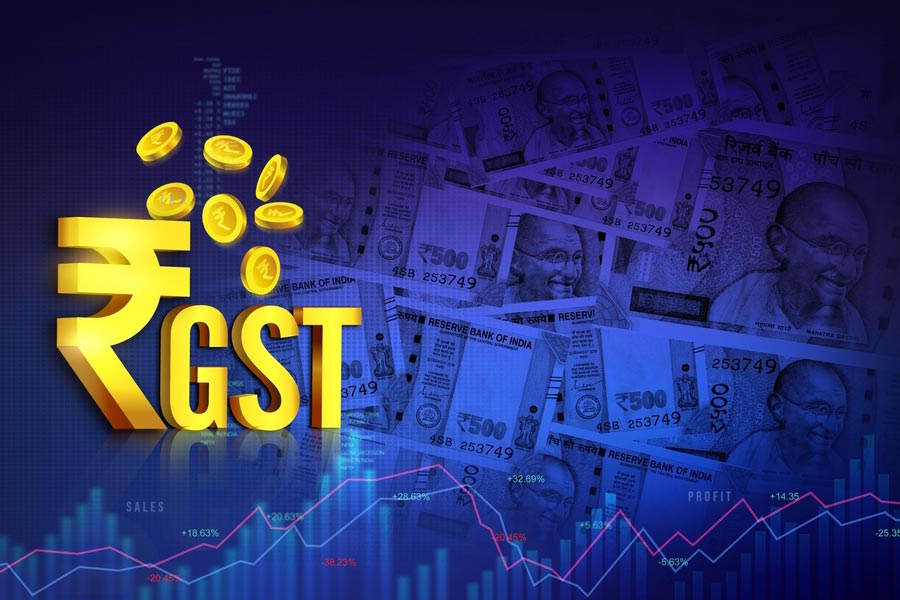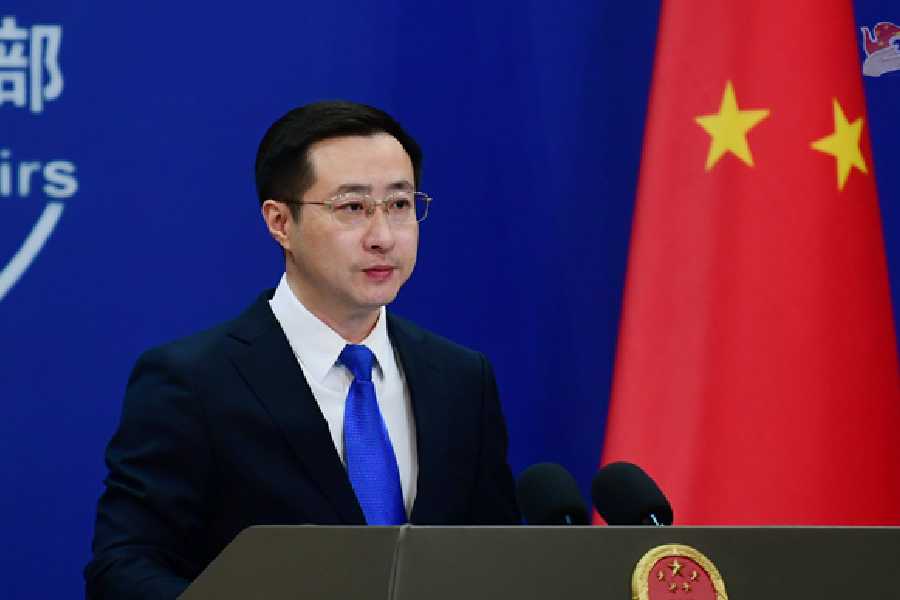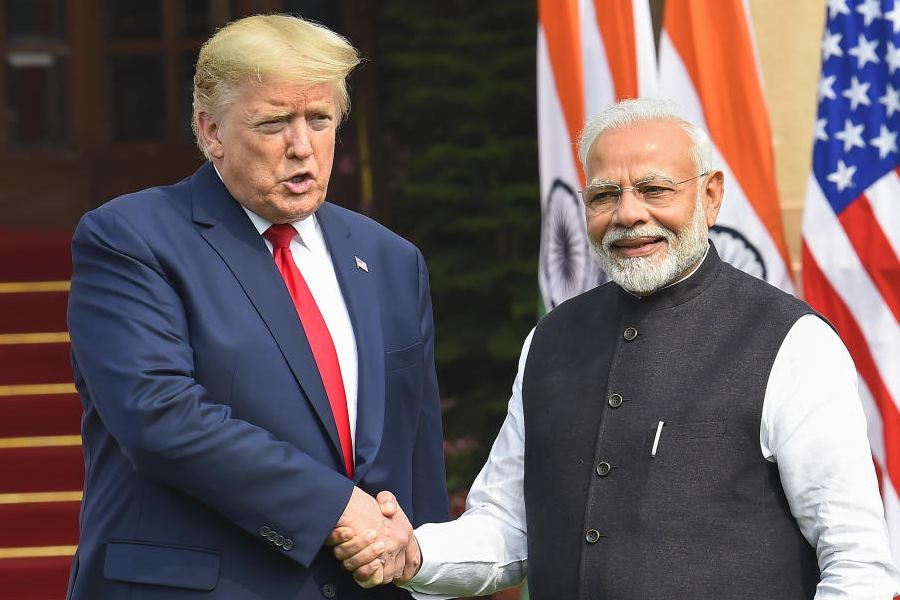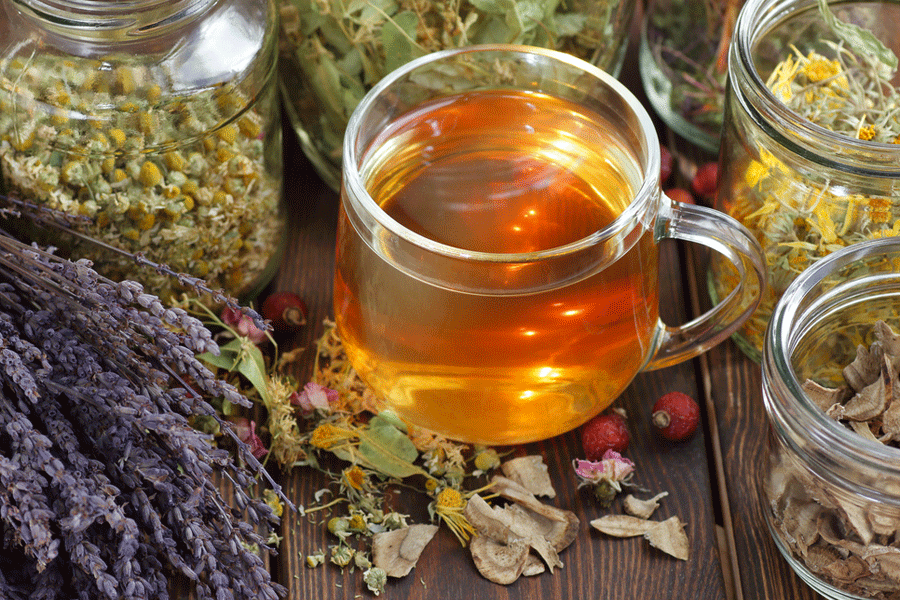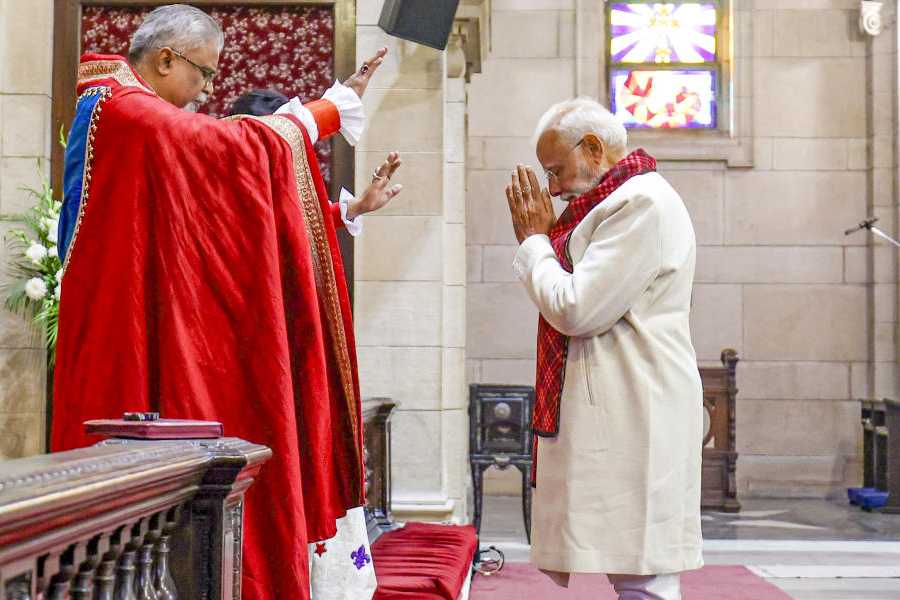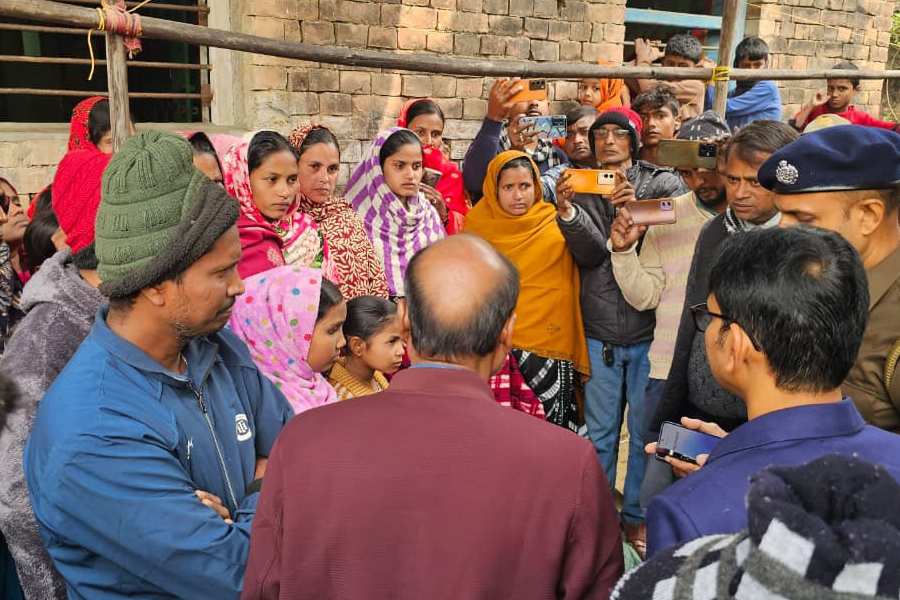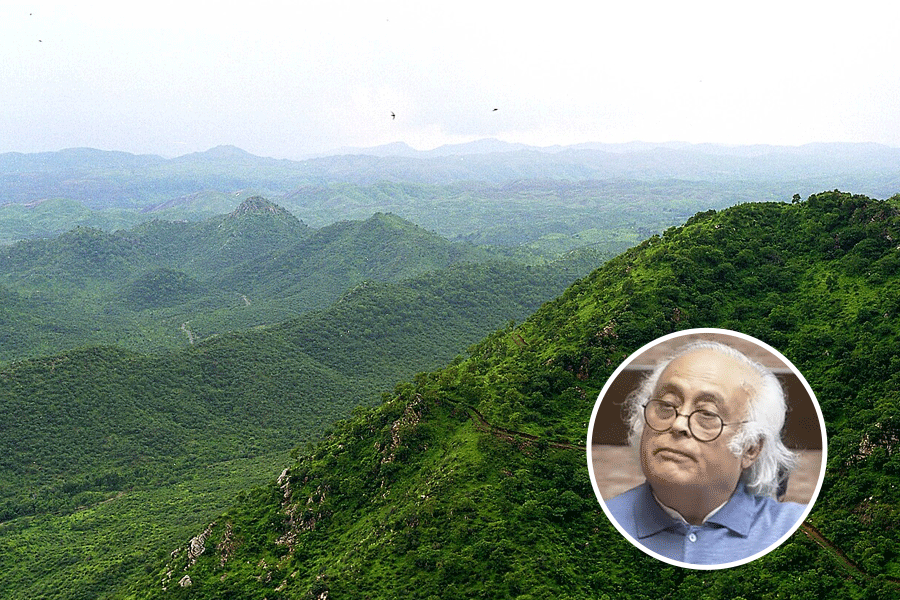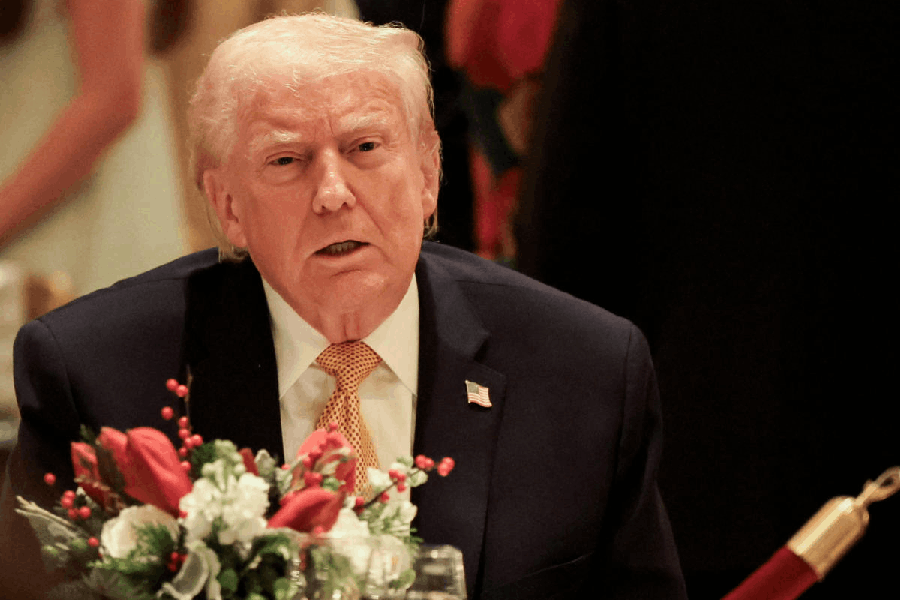The reduced Goods and Services Tax (GST) on fertilisers, which came into effect on Monday, failed to make Bengal farmers happy, as they cited the recent price hike and inadequate supply of this essential agricultural input as the main reasons that needed to be addressed first.
The Narendra Modi government reduced GST on ammonia, sulfuric acid, and nitric acid from 18 per cent to five per cent and on 12 bio-pesticides and several micronutrients from 12 per cent to five per cent. The Union government claimed that lowering GST would be a boon for farmers, offering them
much-needed relief.
“We have to purchase fertilisers from the black market every year because of inadequate supply. The recent cut of seven to 12 per cent GST on fertilisers will not bring any relief to us until the government ensures adequate supply and prevents their sale at inflated prices above MRP (maximum retail price),” said Bijoy Ghosh, a farmer from East Burdwan’s Khandoghosh, who owns around 10 acres of farmland and supports his family.
“I have heard that the government has reduced the GST on agricultural equipment like tractor parts and sprinklers. However, real relief will only be felt if diesel is supplied at subsidised rates,” he added.
Farmers said that once the demand for fertilisers such as subsidised NPK (10:26:26) increased, particularly during the rabi crop season, small fertiliser retailers immediately hiked the price by ₹200–300 per 50kg packet. NPK (10:26:26) is the most demanded fertiliser for rabi crops and boro (winter season) paddy in Bengal.
“We have no choice, as retailers flatly refuse to sell fertilisers unless we pay extra. They always claim they are forced to buy from the black market,” said another farmer from East Burdwan.
Burdwan, particularly the East Burdwan district, is known as the rice bowl of Bengal for its significant contribution to paddy cultivation, including aromatic varieties like Gobindobhog, accounting for 11.24 per cent of the state’s total rice production.
Binod Ghosh, a state committee member of the All India Kisan Sabha, which is the farmers’ wing of the CPM, said the issue remained unresolved despite several movements.
“Micro-level fertiliser agents are not to blame, as they, too, have to purchase at high rates. The government must first monitor black marketing and ensure adequate supply according to the specific demand of each area,” Ghosh said.
Soumen Sarkar, a potato farmer from Hooghly’s Arambagh, said the reduction in the GST had little meaning since the government had already increased fertiliser prices by 10–15 per cent last month.
“A 50kg bag of fertiliser that we bought at₹1,800 last month now costs ₹1,950. So, even though GST has been reduced, it has no real impact on us,” Sarkar explained.
Earlier this year, during the rabi season, acute fertiliser shortages during the sowing of potato and other crops badly hit Bengal farmers. They fear a similar crisis could arise again.
A senior agriculture department official said that last year, the Bengal government had requisitioned 4,00,000 tonnes of NPK (10:26:26), but the Narendra Modi government supplied only 1,00,000 tonnes — one-fourth of the demand.
“I completely agree with the farmers that reducing the GST will have no impact if the central government continues its step-motherly attitude towards fertiliser supply during peak seasons. The recent price hike has further nullified any relief,” said Pradip Majumdar, the panchayat minister and agriculture adviser to chief minister Mamata Banerjee.
“There is another practice that affects farmers badly — tag-selling. Farmers are forced to buy non-essential fertilisers as a condition for receiving subsidised ones. This is deeply unfortunate,” Majumdar added.
CM: No credit for PM
Chief minister Mamata Banerjee on Monday reiterated her stance on the GST relief, asserting that the Centre or Prime Minister Narendra Modi should not seek credit for it.
“Let me make it clear: this is no credit to the central government. I was the first to demand an exemption from GST on insurance. Many life-saving medicines and essential items are subject to GST. The Centre has not spent a single penny for this relief — it has all come from state government coffers,” she said.
“Funds for 100 days’ work, Awas Yojana, roads, Jal Swapno, and Sarva Shiksha Abhiyan have all been stalled. And now, a loss of ₹20,000 crore has been inflicted. How will I run the state under such conditions? Still, I am happy that people will benefit. But no compensation has been given. This money has simply been cut from our GST share. The so-called ‘double engine government’ will quietly take it back through back channels,” she added on the sidelines of a puja pandal inauguration at Kidderpore
in Calcutta.

